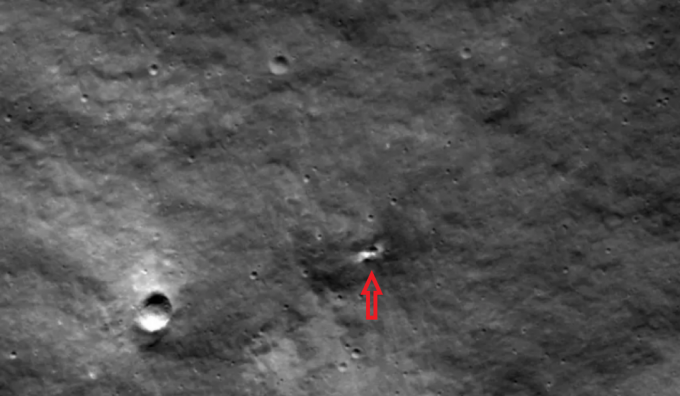THE economic geography it is the branch of knowledge responsible for understanding the logic of production and distribution of economic activities. In addition, it aims to understand the influence of these productive manifestations on the geographic space and the interferences that the environment performs on them.
We can consider that the geographical space, both in urban and rural areas is essentially produced, that is, it is constructed by human practices. The establishment of these practices is, almost always, related to the manifestation of conducts in the financial and technological environment that will sustain actions with impact.
An example of the economic effects on the geographical environment is the occurrence of the III Industrial Revolution which, via the “green revolution”, managed to dynamize and, at the same time, to mechanize production in the countryside, which resulted in the expansion of the agricultural frontier in Brazil and the intensification of the rural exodus in underdeveloped societies in general.
In practical terms, economic geography studies are usually divided into three main parts: a) the distribution of economic and productive activities over space; b) the history of economic structures and c) the analysis of the composition of the economy at the regional level and its relationship with global dynamics.
In this section, we hope to provide opportunities for the establishment of a study site for the theme in question, focusing on themes such as production and industrial location, the globalization process, the effects of technological changes and many other essential issues for understanding the social geographic space and its transformations.
Good reading!
By Rodolfo Alves Pena
Graduated in Geography
Source: Brazil School - https://brasilescola.uol.com.br/geografia/geografia-economica.htm

